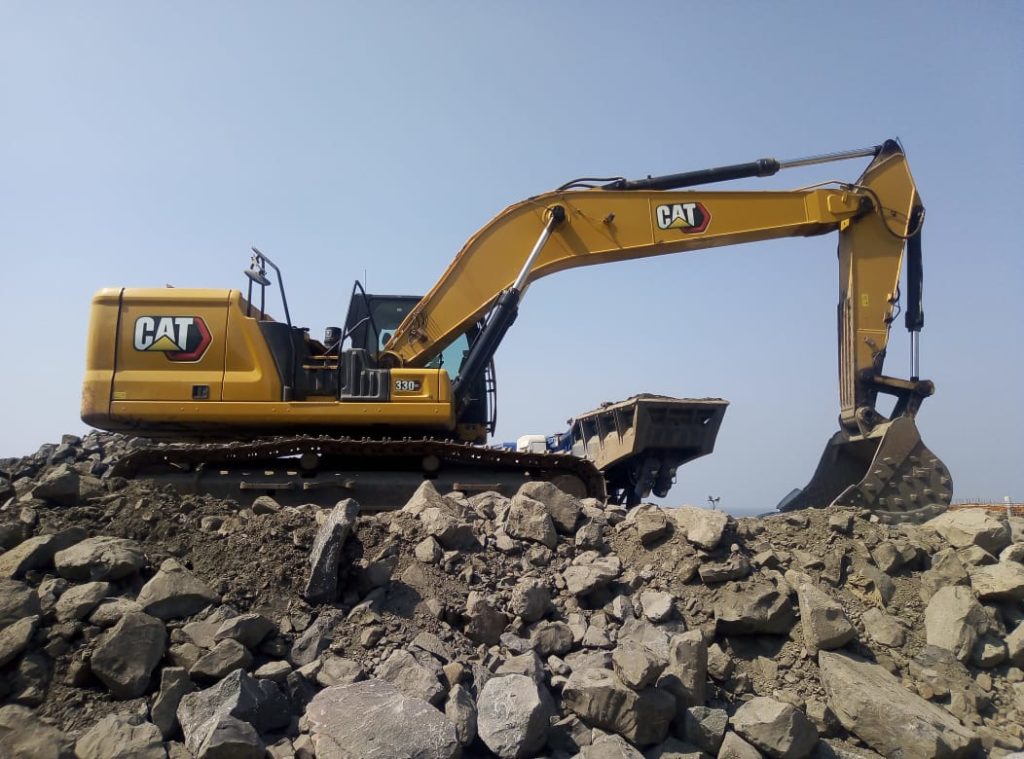
Heavy equipment, like those involved in construction and mining industries face the harshest of
environments including dust, mud, water and sunlight. Yet they are expected to perform at their
peak during their lifecycle. Even a brief period of downtime can drastically impact productivity and
ROI for the huge expenses incurred on machinery.
YantraLive is a one-stop marketplace for heavy equipment, serving the needs for service, spares and
used equipment to infrastructure companies, mining operators, fleet owners, retailers and
workshops, not just in India, but overseas too. With a deep understanding of the market and a finger
on the heartbeat of the heavy machinery involved, our experts have put together a few pointers that
will help in ensuring the reliability of machinery for a long time.
Reliability defined:
Reliability is a special attribute that describes the dependability of a component. This means that the
component consistently performs a desired function under certain conditions for a certain period of
time in order to meet business goals and customer needs.
The lower the probability of failure, the greater the reliability of the system. However, there are
many factors that can contribute to the uncertainty involved with dependability. Read on to uncover
a few important factors that go a long way in ensuring the reliability of your equipment.
1. Train Equipment Operators
Your employees operate your machinery on a daily basis, and they play a major role in protecting it.
Are they using the equipment properly? The operators should also be able to identify potential
problems before they occur. Understanding common red flags with your heavy equipment can be
the difference between a quick fix and a crisis. Engage manufacturers’ programs and train
employees on critical equipment to ensure your machinery operates efficiently for years to come.
2. Enforce Period Maintenance
Maintenance can be divided into three categories – preventive, predictive, and corrective
maintenance. Preventive measures are taken to eliminate unnecessary inspection and repair tasks.
Predictive maintenance generally involves non-destructive inspection techniques to monitor the
serviceability of the equipment. Corrective maintenance involves onside equipment repairing or
replacing components to restore equipment back to its operating conditions. Collectively, these
tasks should be managed in robust reliability-centered maintenance program.
A scheduled, documented cleaning and maintenance program can go a long way and benefit your
equipment in a number of ways, such as:
- Minimizing wear and tear on machines
- Saving you money on repair and/or replacement of parts
- Extending the overall life of your equipment
Work with your equipment vendor to develop a formal heavy construction and mining equipment
maintenance program and properly train employees to conduct these tasks regularly.
3. Engage Reliability Engineering Services
The responsibility of a reliability engineer is to increase the dependability and safety of a component
in service. Additionally, reliability engineers work together with design, inspection, and maintenance
individuals to identify failures and their causes. Furthermore, reliability engineers are expected to be
able to align equipment performance with business goals, identify risks and failure modes, estimate
remaining life and performance, and minimize variability.
4. Use High-Quality Spares & Lubricants
High-quality spares and oils may cost more upfront, but they will benefit your equipment in the
long run by keeping them running efficiently and for longer. Talk to your equipment vendor about
the recommended frequency of preventive maintenance measures to ensure you’re on the right
schedule to maintain equipment warranties.
5. Inspect Regularly
Regular inspections provide information on the reliability and remaining life of equipment. These
include risk-based inspection (RBI) and fitness-for-service (FFS) assessments. Put simply, the purpose
of RBI is to identify and understand risk in order to reduce uncertainty about the condition of
equipment. FFS assessments are performed to determine if a component is suitable for continued
service.
6. Trust Technology
New advancements in technology, such as sensors, can now greatly improve the overall reliability of
the system. Sensors can provide data on the performance and condition on the equipment in real-
time to make better decisions for preventive, predictive, and corrective maintenance of your heavy
construction and mining equipment.
7.Check for any Wear and Tear
Every time you clean your equipment, ensure you check for any wear and tear of any parts of the
machinery. Parts wear out due to regular usage, and if gone unnoticed, can result in huge damages
and costs. Therefore, make sure you fix the small issues before they turn into big problems.
8. Don’t Overwork your Equipment
Your equipment user manual clearly defines the performance specifications and limitations which
should never be exceeded. Knowing and abiding by the weight limits for loads is an easy way to keep
your heavy machinery working. To maintain the efficiency and effectiveness of your heavy
equipment, it is advisable to minimize your machinery’s travel and idle time.
9.Reach out to YantraLive
At the heart of YantraLive is the credo ‘Heavy Equipment Ownership Simplified’. What this translates
for customers is the access to industry-first information on all things pertaining to heavy equipment,
their spares, service and functioning. Needless to mention you can always reach out to us with any
questions you may have about your equipment and how we can help you ensure their reliability to
unearth maximum ROI from them. Should you wish to purchase spares or used equipment, you can
take for granted the ‘Best Price Guarantee’, always.


